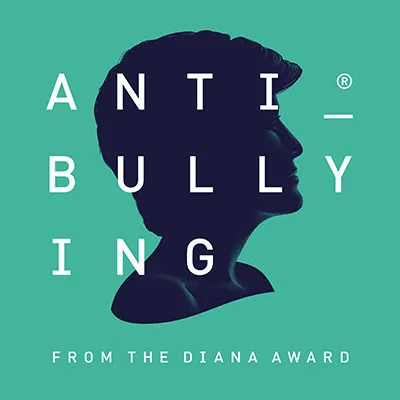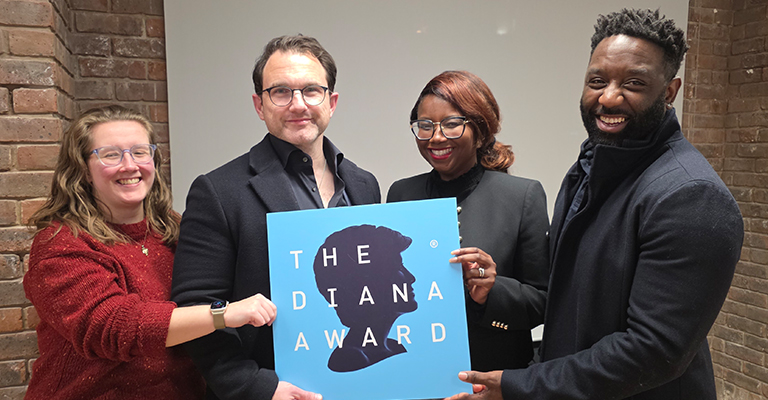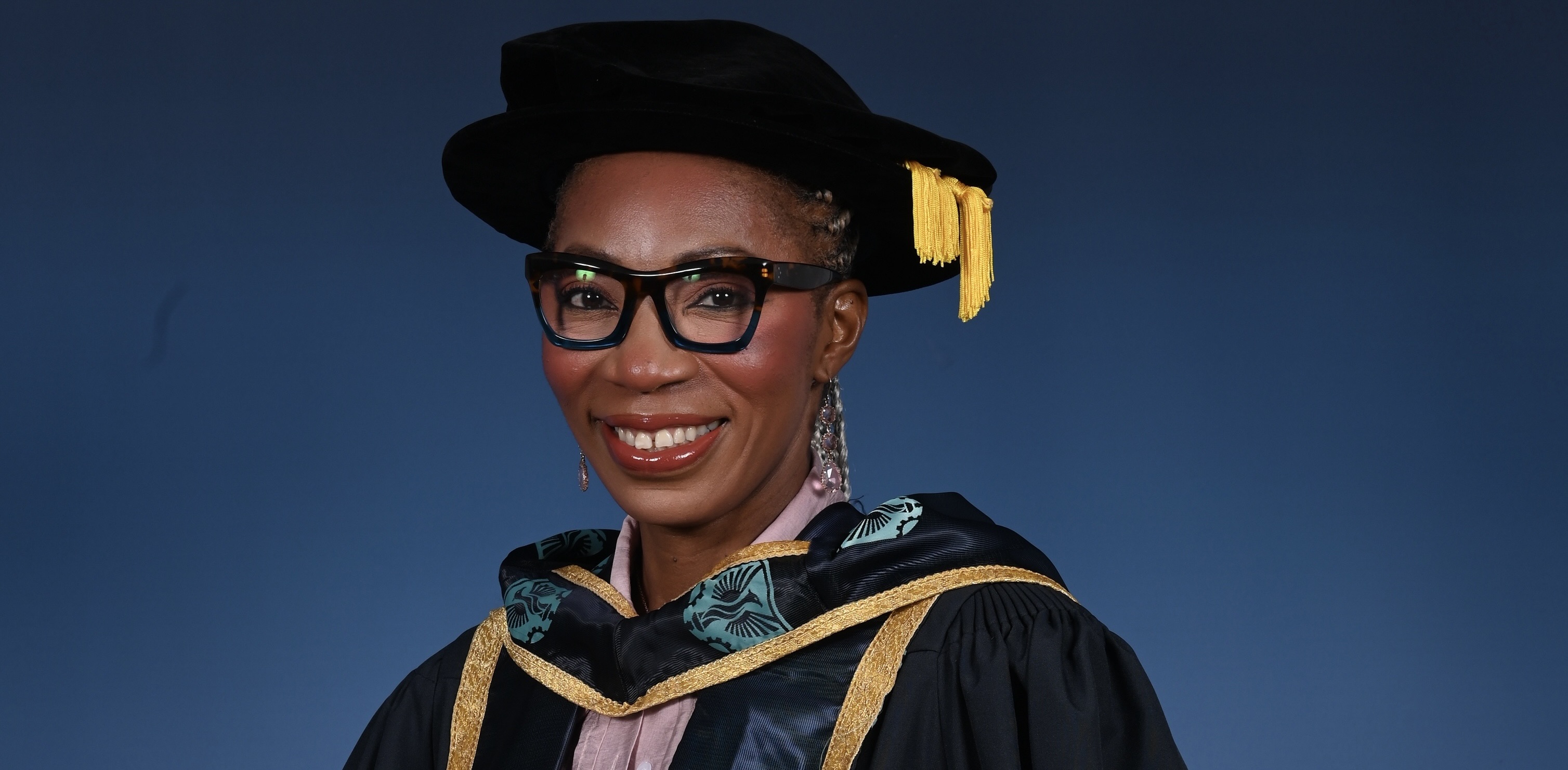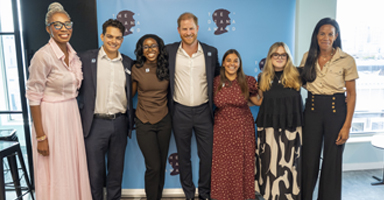
About Us
About Us
Learn more about our story, our mission and the team of people that make it happen.
Our Strategy
Empowering young people to make positive change. Diana Award Strategy 2021 - 2026
Our Impact
We exist to empower young people to make positive change in their lives.
Our Theory of Change
Demonstrating how we are tackling the barriers that exist to make change happen.
People and Culture
Learn more about the people working to make change a reality.
Join the Team
Our team works hard to ensure that the late Princess Diana’s belief ‘young people have the power to change the world’ is realised.
Safeguarding
Information to support you when confronting a safeguarding concern or wellbeing issue.
Youth Voice and Participation
Learn about how youth voice and participation is integral to our work
Blog
Learn more about the young changemakers making a difference at The Diana Award
Programmes
Award
For outstanding young people selflessly creating and sustaining positive social change in memory of Diana, Princess of Wales.
Anti-Bullying
Our Anti-Bullying work encourages change in attitudes and behaviours for young people by young people.
Mentoring
Our Mentoring Programme supports young people to develop their careers skills, whilst making positive change in their community.
Young Changemakers
Our Young Changemakers Programme is set to change the inequalities in mental health experienced by young people from racialised communities.
Inspire Series
Our Inspire Series begins with ServiceNow RiseUp, equipping young people with the skills and support for ServiceNow careers.
Cross-Directorate Initiatives
Future Forward Partnership with Young People: Diana Award Young Advisors
Get Involved
Partner with the Diana Award
Our dedicated partnerships team work directly with our partners to ensure that they get us much out of our work as we do from their support.
Fundraise
We’re so excited that you’re here to join us in continuing Diana’s Legacy and celebrating young people across the UK and beyond!
Campaigns
Our partners enable us to create campaigns that spark discussion, highlight social issues or advocate for change, and result in media, press and social media activity.
Anti-Bullying Ambassador Training
Equip your students and staff with the tools needed to tackle bullying behaviour and create a safer, kinder school community.
I want mentoring In my school
89% of secondary schools across the UK considered ‘mentoring programmes’ effective activities in the development of social and emotional skills.
Volunteering jobs
As an organisation, our mission is to foster, develop and inspire positive change in the lives of young people. Our team works hard to ensure that Princess Diana’s belief ‘young people have the power to change the world’ is realised.
